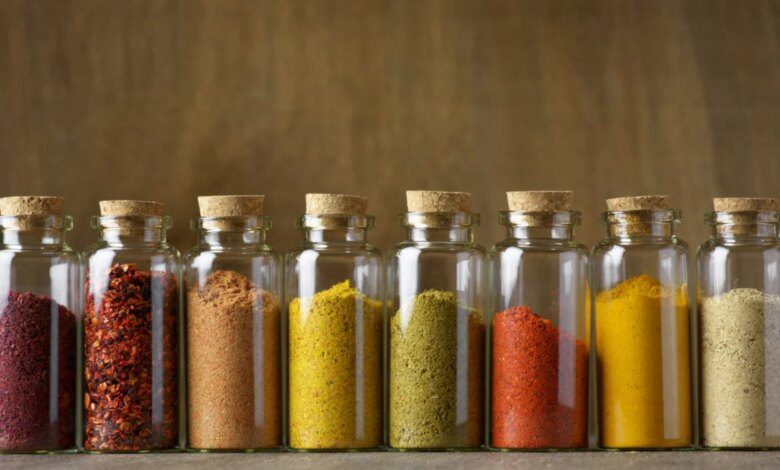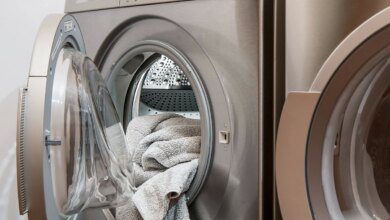
Study Why Spice Jars Can Be Dangerous
Research suggests bacteria that makes us sick may be carried into spice jars. Find out how scientists figured it out, and what solutions we have!
In the study cited by Best Life, researchers wanted to find out which surfaces in the kitchen could transfer bacteria from contaminated food.
To find out what kitchen items can make us sick, researchers cooked turkey burgers that contained (harmless) surrogate bacteria for norovirus (that is, a contagious virus that causes vomiting and diarrhea).
After the dishes were ready, the scientists took samples from various surfaces - countertops, dishes, kitchen appliances and household appliances. Most surfaces tested positive, but spice jars were the most contaminated. Shredders and trash can lids followed. At the opposite pole was the handle of the refrigerator, as well as the inside surface of the sink.
The seasoning jars had the highest concentration of bacteria because the professionals didn't wash their hands before seasoning the meat, and of course the containers weren't sanitized first, which can also happen regularly.
According to another study cited by Best Life, rags, dish sponges, kitchen sinks and coffee machine reservoirs are surfaces where bacteria can often accumulate.
What are the solutions?
If the research results give you food for thought, don't panic! Fortunately, there is no need to give up your favorite spices. Frequent hand washing is necessary to protect the body from bacteria, as well as to disinfect spice jars.
"When you're done cutting meat, you should wash your hands before touching that can," advises Benjamin Chapman, who is also the study's lead author. Chapman also recommends wiping down jars with soap and using kitchen disinfectant spray after using spices.
The study was published in the Journal of Food Protection in September 2022.













